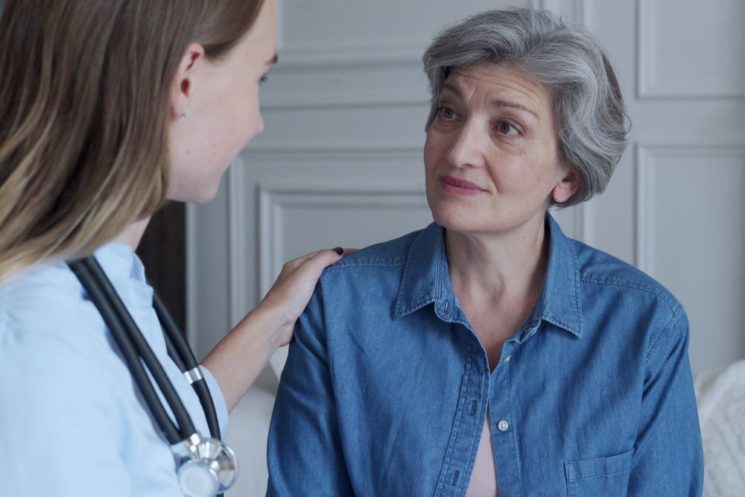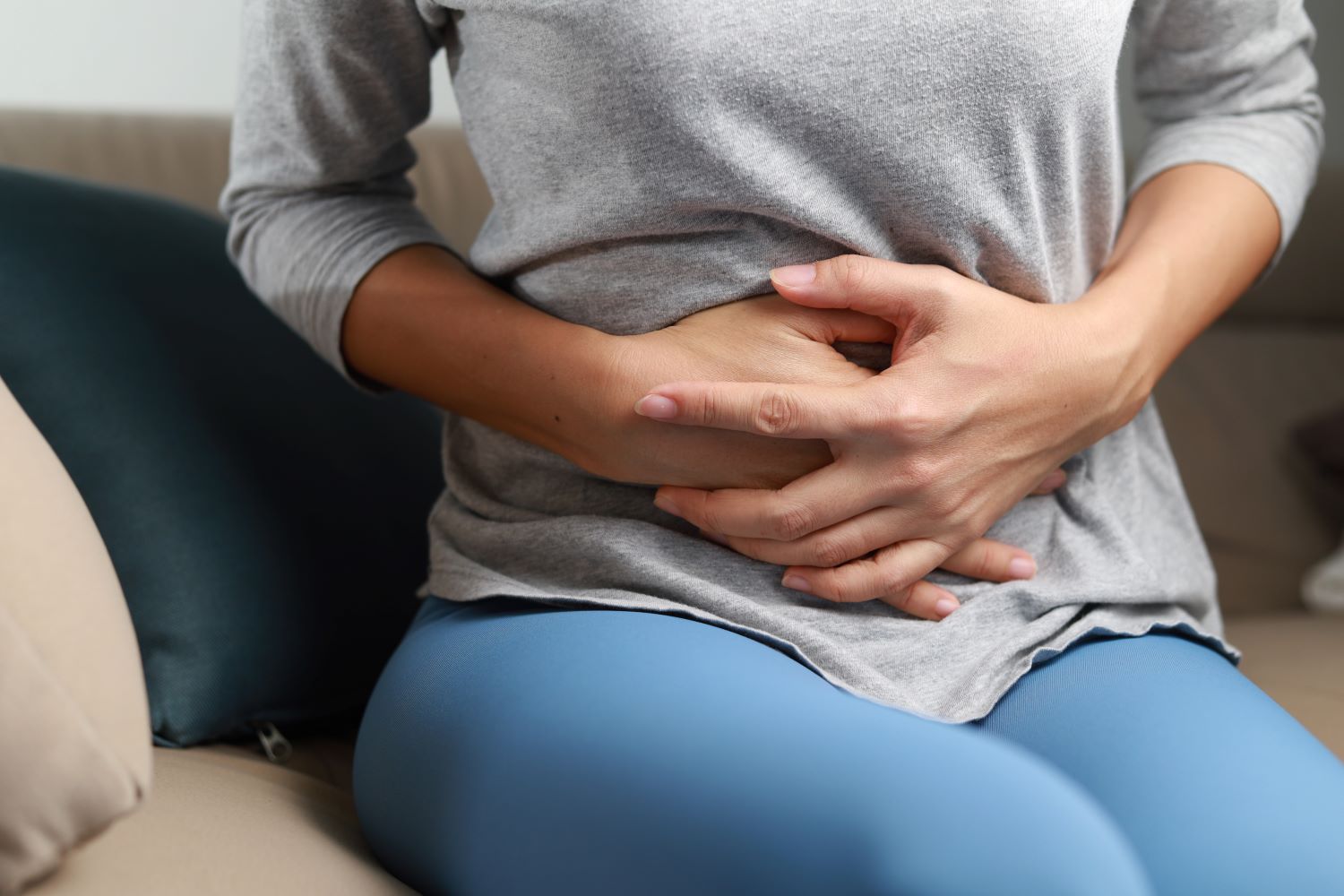
Early onset of the menopause is not unusual
A number of women are surprised when I tell them they are menopausal in their forties. While the average age of the menopause is 49, for 10 per cent of women it occurs before 40, and for another 10 per cent between the ages of 40 to 48. However, it can occur at any age.
Hot flushes and night sweats experienced during menopause
Night sweats are often a disturbing symptom, and this disruption of sleep can contribute to the exhaustion and tiredness so commonly experienced during the menopause.
Hot flushes are a daytime increase in body temperature, leading to reddening and heat on the face. They can be brought on by anxiety, stressful situations, and alcohol, especially red wine. These symptoms can be embarrassing, particularly if they occur in work situations, such as during important meetings or negotiations.
Hot flushes happen when the body tries to produce oestrogen, and in its attempt to do so produces more follicle-stimulating hormone. This can increase the body’s internal temperature by up to 2°C, thus the hot flushes and night sweats.
Loss of libido and vaginal dryness caused by the menopause
The vaginal lining is oestrogen-dependent. The reduction in oestrogen and testosterone during the menopause can lead to loss of libido (sexual desire). Dry skin, mood swings, migraines, and joint aches are also caused by lack of, or diminishing levels of oestrogen.
Another common symptom leading to lack of sexual desire is fear of discomfort during sex, due to vaginal dryness. Women often don’t mention this symptom out of embarrassment.
The menopause and hormone replacement therapy (HRT)
Over the last few years, many women have been denied or declined replacement therapy because of a large US study that suggested a significant increase in breast cancer, stroke, and heart attacks in women taking HRT. This study has now been shown to be flawed as the women studied were older, many obese, and had not started HRT at the beginning of their menopause but later on.
Oestrogen can be delivered in small doses for small periods of time, and in many cases that is all that is needed. For those requiring longer use, the dose can be adjusted and long-term effects minimised when discussed with a specialist doctor. There are also many other lifestyle changes and activities that can be done such as exercising, maintaining a healthy diet, and taking non-hormonal medications.
Getting treatment for the menopause
Discuss with a health professional and get the facts. See what can be done for you. Oestrogen may not be for you, but don't deny yourself something that may be beneficial to you in the long term. There are risks, but there are also benefits which may you find outweigh these. Allow yourself to make an informed decision.



